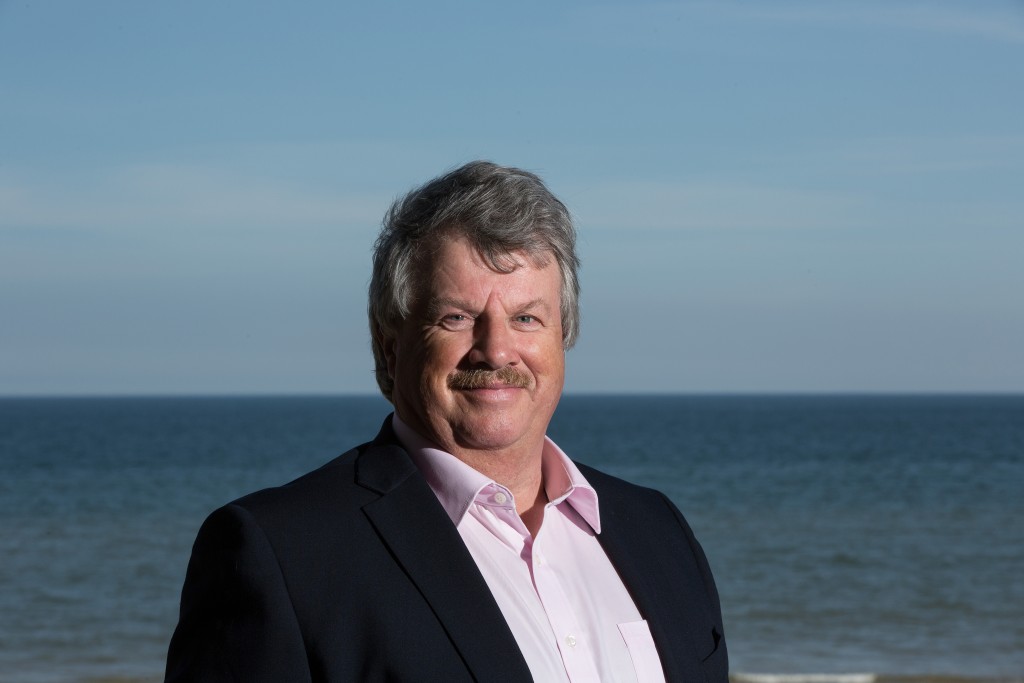
Despite the worryingly low oil price, Aberdeen remains a global centre of subsea excellence.
The expertise, innovation and cutting-edge technologies developed over the last four decades remain, as does a highly capable and competent supply chain.
Operators and subsea project teams working together have been proven to maximise efficiency and minimise cost of subsea OPEX intervention works.
Project engineering experts who are independent of a specific vessel contractor are able to offer an ‘asset light’ perspective to find safe solutions which keep vessel days at minimum.
Using the experience, knowledge and lessons learned from 130 different intervention workscopes over the last four years, Aberdeen-based project engineering firm SETS has developed an auditable track record of maximising efficiency and minimising the cost of subsea OPEX intervention works.
By being aware of and receptive to new technologies, innovative services and service providers, SETS seeks to harness the power of the supply chain to deliver ever more cost effective solutions to a client’s subsea production issues.
In the current climate, where subsea intervention costs add considerably to uplift costs, engineers directly assist operators in both reducing uplift costs and outages in their subsea infrastructure through the adoption of their proactive approach to subsea asset integrity and associated intervention support.
With its DNA firmly rooted in the OPEX space, SETS is uniquely placed to offer its vision of a collaborative group of companies, acting as partners in business, with a single focus on providing that end-to-end service offer and capability set.
To be successful and be unlock the potential of such collaborative business models and new ways of working, the sector has to be open to change.
“If you always do what you’ve always done, then you’ll always get what you’ve always got” would be a good quotation to remember when next considering a procurement or supply chain engagement strategy.
In all industries and businesses change is a challenge. The key is not to try big change in big steps. However, nothing addresses the fear of change more than success. The key to success is to scale the incremental change to meet the needs and timeline of the industry need with the capacity of the supply chain for change.
Collaborative business models are not new and it’s not the first time they have been proposed for the North Sea oil and gas sector. They provide crucially important roles in other industries (automotive, defence etc.). Given the challenges currently faced by the subsea sector, has there ever been a more appropriate time to positively encourage and embrace such change opportunities?
Estimates vary from 11 billion barrel of oil equivalent (BOE) to 24 billion of oil left in the North Sea basin, but this can only be extracted sustainably if we are sensible and clever about how we work.
Aberdeen is known for its ability to adapt to challenges which weather, marketplaces and politics puts in its way. Harnessing the expertise and experience in the North-east and its unique subsea competence and supply chain capabilities, undoubtedly provides a sound foundation for us to weather the current storm and enable us to rise from the ashes of the current downturn.
Geoff Fisher was presenting at Subsea Expo, on behalf of specialist subsea project management & engineering company SETS. With over 33 years’ experience in the industry he has held a number of senior positions within the industry with companies such as UIS, Canyon, Technip and Oceaneering and a past Subsea UK Board member.
Recommended for you
